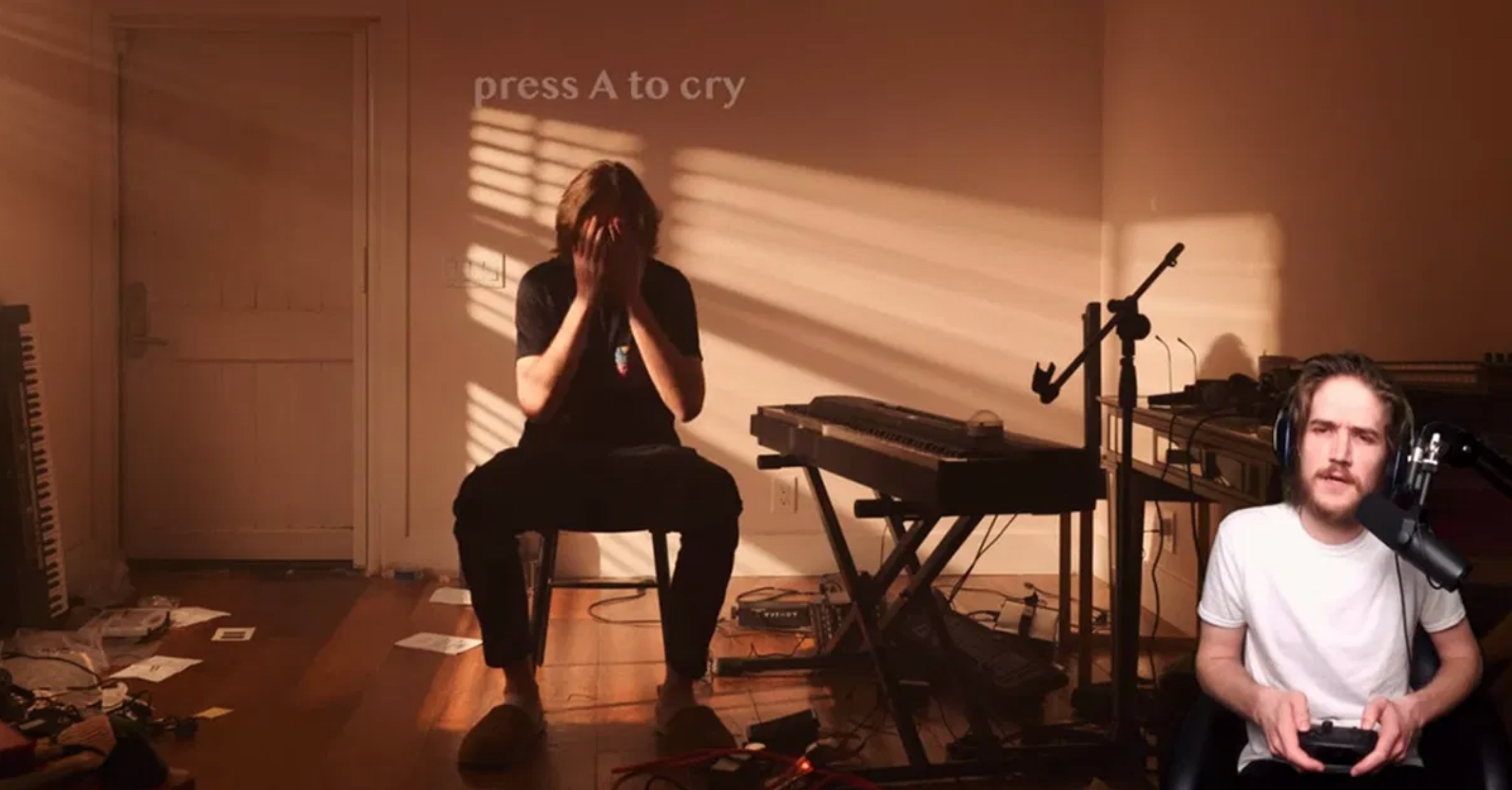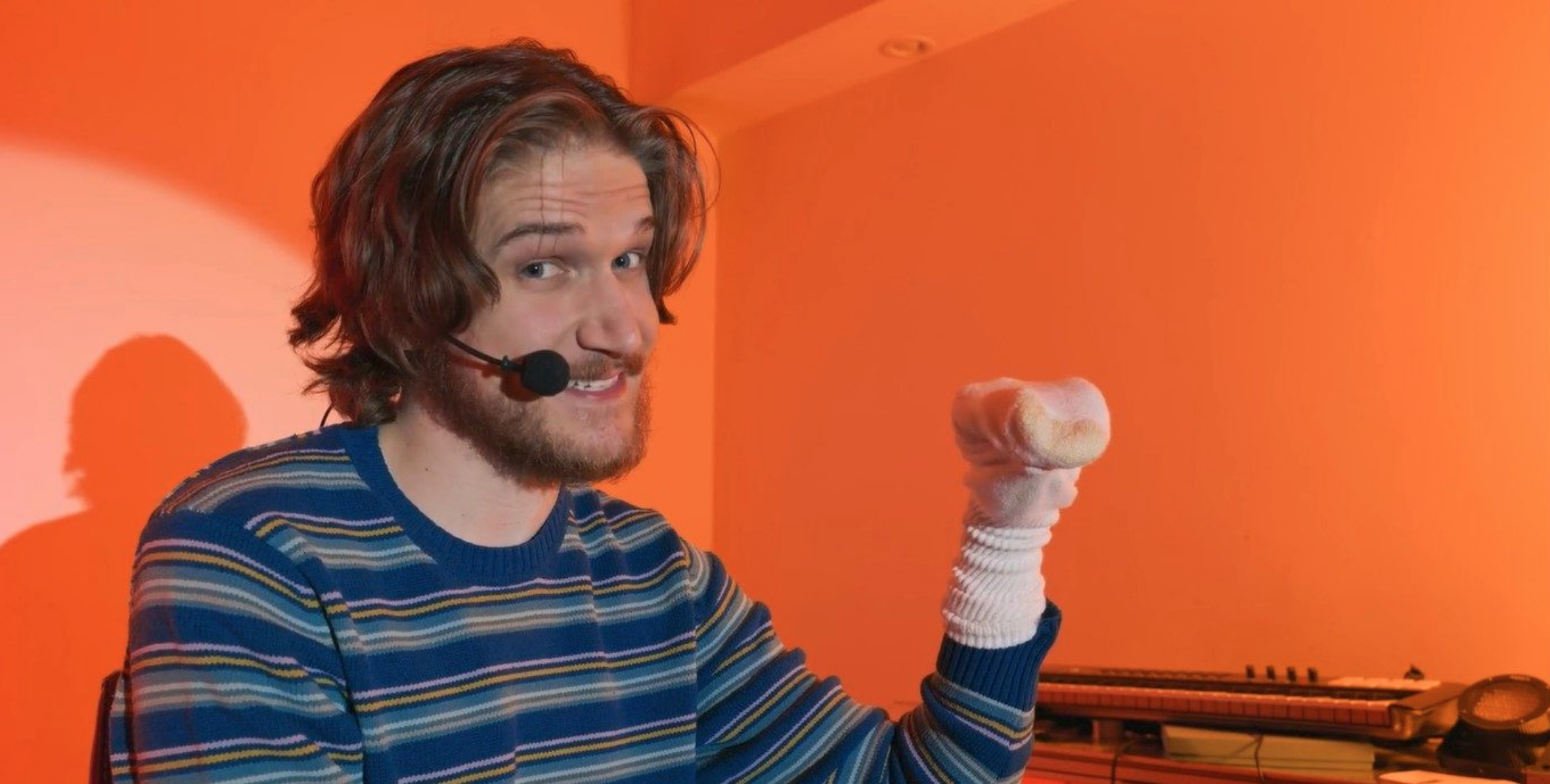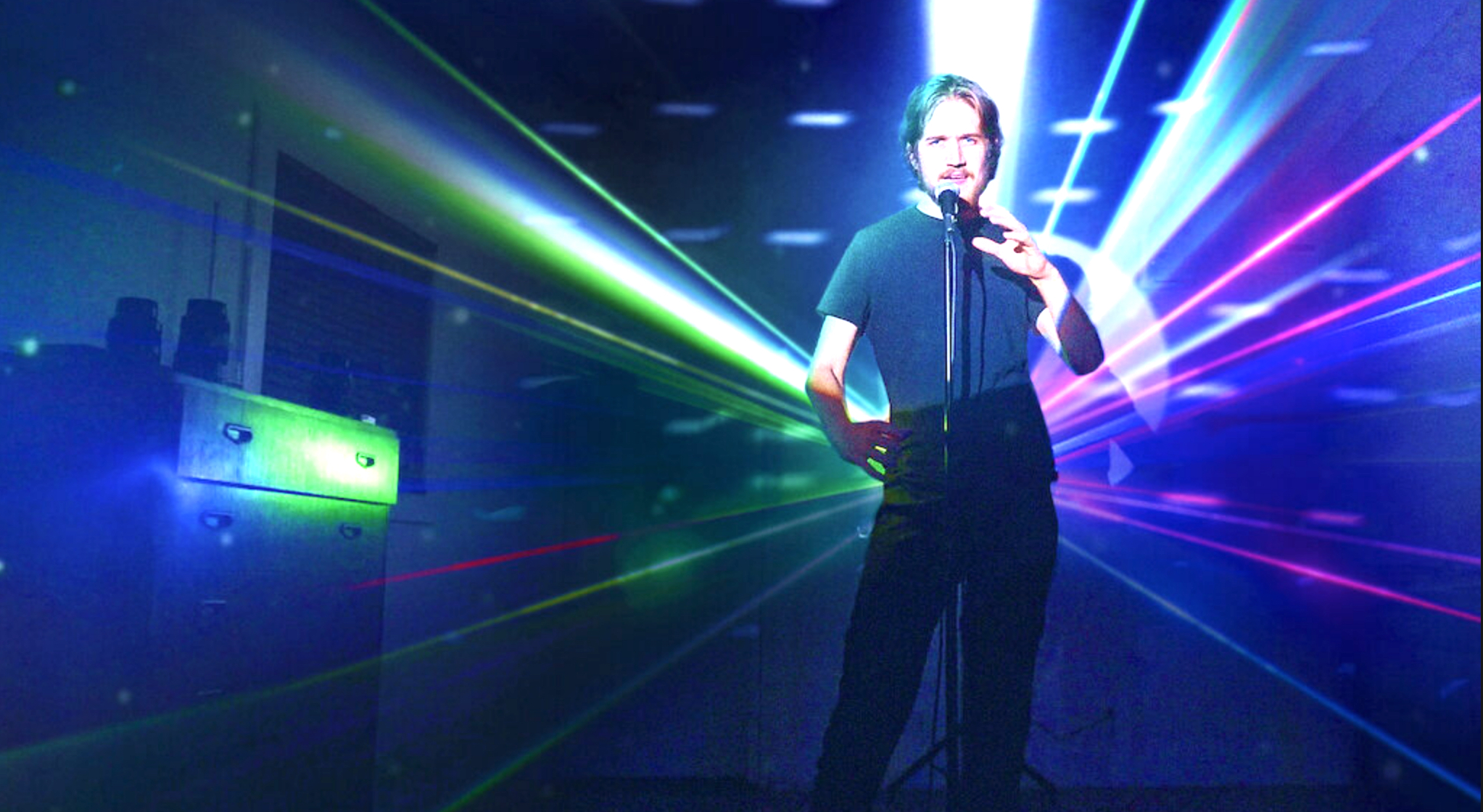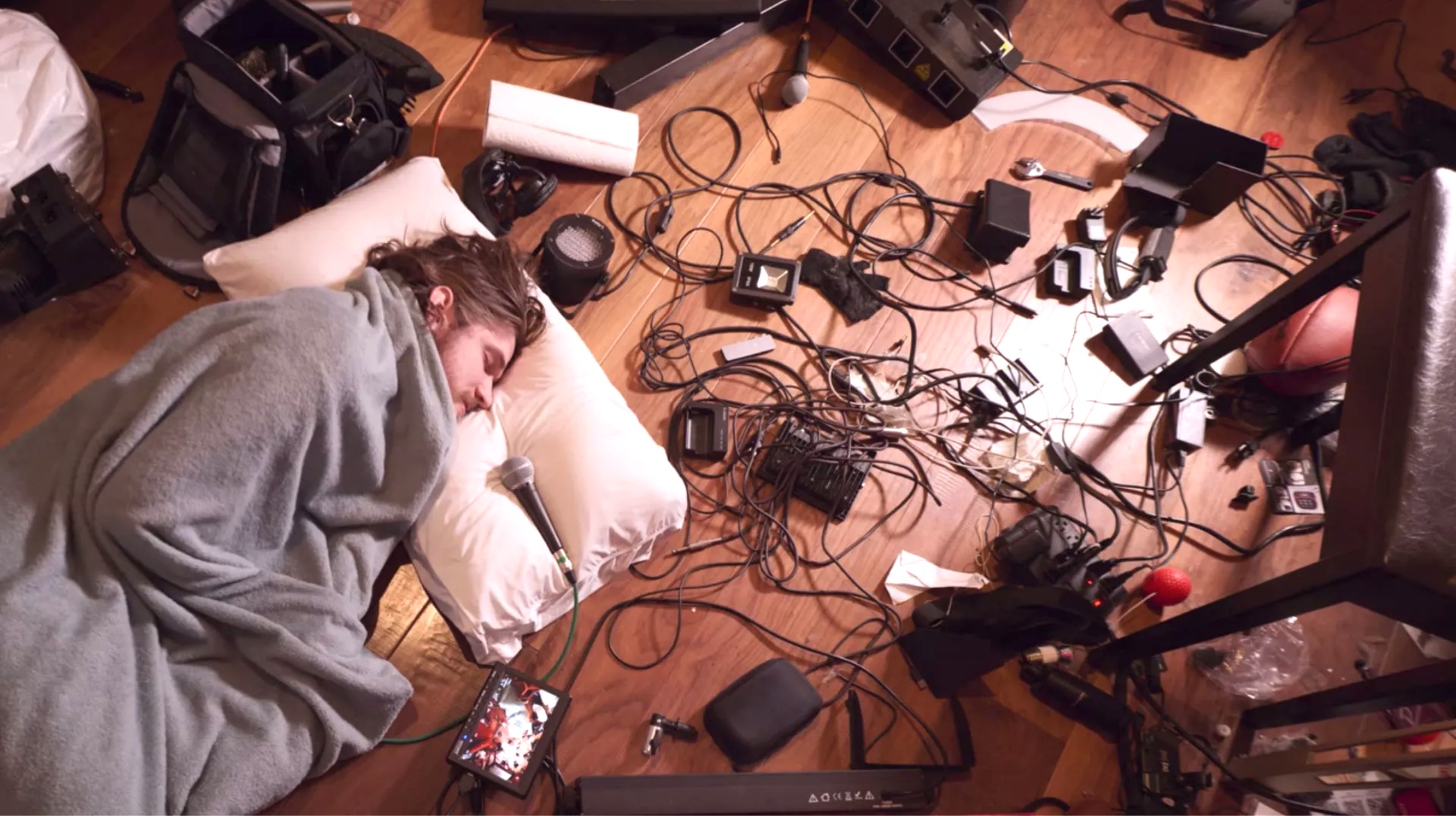Bo Burnham’s “Inside” – A Review

The thing to understand about Bo Burnham’s Netflix special, “Inside”, is that the songs by themselves stand up as a fantastic body of work all on their own. They’re catchy, clever, well written, funny, and have a high replay factor.
Interlaced with behind-the-scenes footage, “Inside” is a kind of video diary running parallel to the music and comedy. Burnham gives us a look at some of his creative process and, notably, his personal state of mind. As the days tick by and time passes you can see Burnham becoming more and more disheveled in his appearance, with a growing beard and an unkempt head of hair. Likewise, his attitude towards this massive undertaking becomes more and more cantankerous and he shows his frustrations. He also becomes increasingly depressed, and sadly, there are scenes depicting this poor tortured artist with his head in his hands weeping.
On the song “All Time Low,” he remarks, somehow tragically and humorously at the same time - a strange combination that he pulls off masterfully - that “My current mental health is rapidly approaching an ‘ATL’. Which is, uh, that’s an ‘all-time low’, not Atlanta.” A little joke using the city of Atlanta’s airport code, ATL, to share the serious problem of his declining mental state. This special puts the ugly realities of deteriorating mental health on full display, and may not be for the faint of heart. Burnham has spoken publicly about wrestling with mental illness in the past, and it is a continuous theme throughout “Inside.”
In the song “All Eyes on Me”, Burnham explains that he has been absent from performing for five years due to mental health issues. He says he was having severe panic attacks while onstage, unbeknownst to the audience, and forcing himself through shows anyway. This became unbearable and he says he spent his time away from comedy trying to improve himself. He goes on to say he thinks he did succeed in improving his mental health, so much in fact that he decided that it was time to start performing again. Until, in January of 2020, “the funniest thing happened”, referring of course to the COVID-19 pandemic and subsequent lockdowns that would prevent any return to normalcy.
Bo addresses the global situation with the COVID-19 pandemic on the song “Content”, talking about his minor inconveniences, like needing to reschedule haircuts, and more seriously, feeling depressed by being stuck indoors and isolated. Burnham continues addressing the elephant in the room on the song “Comedy” early in the special. He croons somberly to open piano chords about climate change and unrest in the streets. He laments ambiguously saying, “The war, the drought, the more I look, the more I see nothing to joke about.”
When “Inside” touches on mental health themes, it’s raw, brutally honest, occasionally sad, or cynical, but never fully pessimistic. Bo Burnham shows he wants to live, and he wants to be happy, but the state of his mind, and this world, makes this difficult if not impossible at times. Bo sings beautifully and hilariously, plays piano or synthesizer with a variety of synthetic sounds, creates drum beats, and also plays guitar. Burnham’s lyrics are at times cerebral, measured, and thoughtful, and then childish, simplistic, and superficial. He shows he is a serious thinker and artist but thankfully not too serious; he is a comedian after all.
Burnham wrestles with the fair question of what is the place of comedy for entertainment’s sake during times of such widespread hardship? He sings, “Is comedy over? Should I leave you alone? ‘Cause, really, who’s gonna go for joking at a time like this?” and, “I wanna help to leave this world better than I found it, and I fear that comedy won’t help, and the fear is not unfounded. Should I stop trying to be funny? Should I give away my money? (No!) What do I do?”
Suddenly, a glowing light speaks to him and he decides he can “heal the world with his comedy” by “making a literal difference, metaphorically.” I sense Burnham asks this question in complete seriousness but answers it quickly with a joke. He shows he’s not done considering it when he reverts to the original question later in the song, singing, “If you wake up in a house that’s full of smoke, don’t panic, call me and I’ll tell you a joke. If you see white men dressed in white cloaks, don’t panic, call me and I’ll tell you a joke. Oh, shit. Should I be joking at a time like this? If you start to smell burning toast, you’re having a stroke or overcooking your toast.”
As with many of life’s most significant philosophical inquiries, this question of the role of comedy during an abject global horror show of disease doesn’t conclude neatly with a bow on top. The question never seems to be answered other than with tongue in cheek, but he makes and releases “Inside” nonetheless. Bo Burnham bleeds, sweats, cries, and punishes himself day in and day out. He hides nothing, he gives it to us straight, which, as painful as it is, is refreshing to know you are receiving the unfiltered truth for once.
“Inside” is rated “M” for language and talk of suicide. Bo Burnham’s music is available for streaming on most music apps including Spotify and iTunes.



